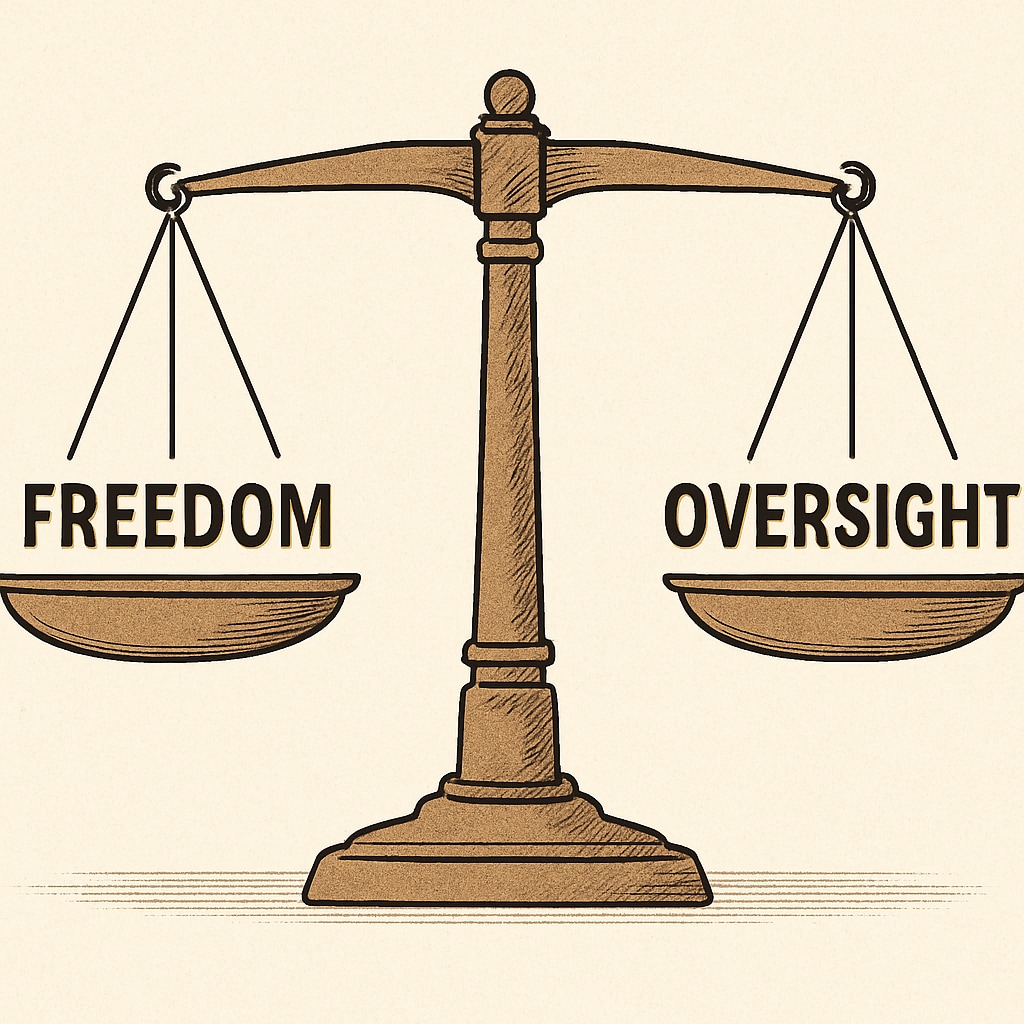Oklahoma’s recent decision to implement political ideology testing for out-of-state teacher applicants has ignited debates within the education sector. Supporters argue that the policy ensures that educators align with the state’s values, while critics claim it undermines the principle of educational neutrality. This development raises pressing questions about the balance between ideological screening and fostering a politically neutral environment in classrooms. The broader implications of this policy extend beyond Oklahoma, highlighting the intersection of politics and education in contemporary America.
The Controversial Move: An Overview of Oklahoma’s Policy
In an unprecedented move, Oklahoma has mandated that teachers relocating from other states undergo a political ideology assessment as part of the application process. According to state officials, the goal is to ensure that teachers do not promote ideas or values perceived as misaligned with the state’s cultural and political norms. The policy specifically aims to address concerns about “indoctrination” in schools.
However, critics argue that this measure infringes upon personal freedoms and could deter qualified educators from seeking positions in the state. They contend that the policy risks prioritizing ideological conformity over educational excellence. Furthermore, the lack of transparency regarding the test’s structure and evaluation criteria has only fueled skepticism and concern.

Potential Impacts on Teacher Recruitment
The introduction of political ideology testing could have significant repercussions for Oklahoma’s teacher recruitment efforts. The state is already grappling with a teacher shortage, and this additional layer of scrutiny may discourage applicants from considering Oklahoma as a viable option. Public education advocates warn that the policy could exacerbate staffing challenges, particularly in rural areas where qualified educators are scarce.
Moreover, this measure might disproportionately affect teachers trained in states with differing political climates. For example, educators from states with progressive education policies could face greater scrutiny, potentially creating a homogenous teaching workforce that lacks diverse perspectives. This homogenization could impede students’ ability to engage with a broad spectrum of ideas, a cornerstone of critical thinking and democratic education.
Balancing Educational Neutrality and Ideological Oversight
At the heart of the controversy lies the question: Should education remain politically neutral, or is some degree of ideological oversight necessary? Proponents of the policy argue that it safeguards students from exposure to extremist or divisive viewpoints. They believe that teachers have a responsibility to uphold community standards and values, particularly in politically sensitive subjects such as history and social studies.
On the other hand, opponents emphasize the importance of protecting academic freedom and fostering intellectual diversity. They argue that education should equip students to evaluate ideas critically rather than shield them from certain perspectives. By enforcing ideological conformity, policies like Oklahoma’s risk reducing education to a tool for political indoctrination rather than enlightenment.

What’s Next for Education Policy Nationwide?
Oklahoma’s policy could set a precedent for other states, particularly in regions where political tensions over education are high. If other states adopt similar measures, the national teaching landscape could become increasingly polarized. This trend may also spark legal challenges, as educators and advocacy groups question the constitutionality of such policies.
In addition, the policy raises broader ethical and philosophical questions about the role of education in society. Should schools primarily reflect the values of their local communities, or should they serve as spaces for exploring diverse viewpoints? The answer may shape not only education policy but also the broader societal discourse around democracy and freedom of thought.
To navigate these challenges, policymakers must engage with educators, parents, and experts to develop balanced approaches that prioritize both educational integrity and community values. Transparency, inclusivity, and a commitment to academic freedom will be essential in crafting policies that serve the best interests of students and society.
Readability guidance: This article uses concise paragraphs and clear transitions to enhance readability. Lists and examples are incorporated where appropriate. The language remains accessible while addressing complex issues, ensuring the content is both engaging and informative.


